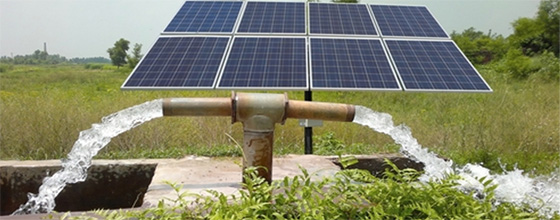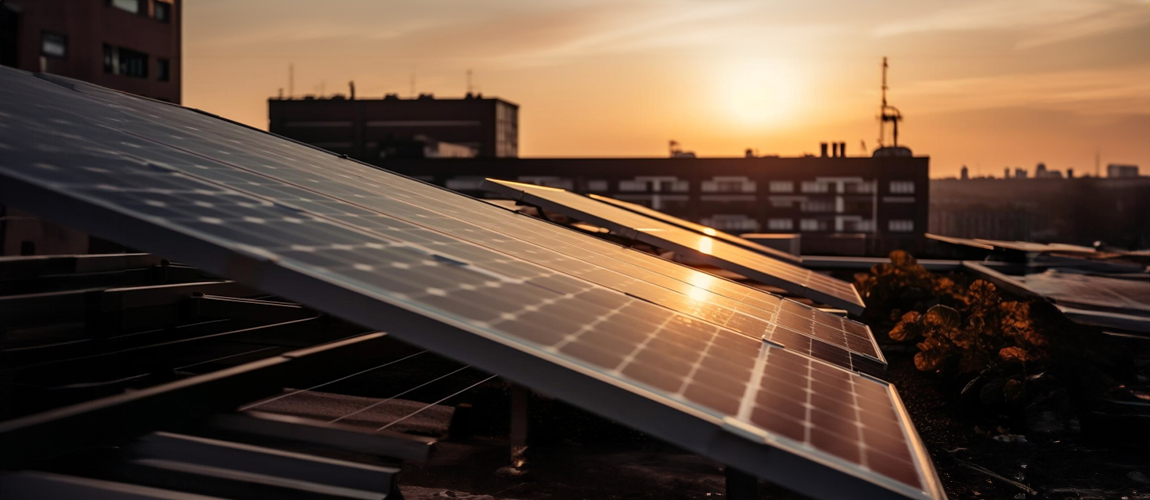In a significant stride towards sustainable energy and self-reliance, the Indian government has launched the PM Surya Ghar Yojana. This initiative aims to revolutionize the renewable energy landscape in India by making solar power accessible and affordable to households across the nation. By harnessing the abundant sunlight that India is blessed with, this scheme promises to transform the energy consumption patterns of millions, fostering economic growth while safeguarding the environment. PM Surya Ghar Yojana for the Grid Connected Rooftop Solar Programme is yet another big step in the right direction for the Indian renewable power ecosystem.
Rooftop Solar – Powering India’s Green Transition
The focus on residential users in the second phase of this programme will significantly address a longstanding imbalance in India’s solar ecosystem. Historically, investment in the solar sector has been heavily directed towards large-scale solar power plants, neglecting the potential of last-mile connectivity—a unique advantage of solar power. This renewed emphasis on residential solar installations will encourage homeowners to adopt solar energy, helping India achieve its ambitious renewable energy targets.
Currently, India has installed approximately 11 GW of rooftop solar capacity, with only 2.7 GW coming from the residential sector. Government think tanks have identified that accelerating the adoption of rooftop solar is crucial for decarbonizing the economy and achieving India’s net-zero goal by 2070. Unlike utility-scale solar and wind projects, India’s rooftop solar potential is spread across various states, making it essential to the country’s energy transition ambitions.
Technically, the potential for rooftop solar is even higher in rural areas. Leveraging this potential can ensure a clean energy transition and address the issue of power access in rural India. Unlocking the rooftop solar potential could be a transformative leap towards sustainable development.
According to a study by the Council on Energy, Environment and Water (CEEW), residential consumers in Gujarat show the highest willingness (13%) to install rooftop solar systems, compared to the national average of 5%. The perception of rooftop solar as a costly investment affects this willingness. Initiatives like the PM Surya Ghar Yojana will incentivize the adoption of rooftop solar by addressing cost concerns and encouraging more homeowners to invest in solar energy.
Rooftop solar as an energy source offers far more benefits than commonly recognized and is often underappreciated. The traditional grid-based centralized model has inherent drawbacks, including significant power loss during transmission and distribution, which leads to higher electricity charges for consumers. Although new power plants are being sanctioned to address these issues, they require substantial upfront investments and are unlikely to alleviate cost burdens for retail consumers. A decentralized model like rooftop solar can transform this scenario entirely. With net metering in place, consumers can become producers of electricity, saving money on their electricity bills and contributing to a more efficient and sustainable energy system.
What is PM Surya Gujarat Yojana?
The PM Surya Ghar Yojana is a flagship scheme designed to promote the adoption of rooftop solar panels by residential consumers by providing financial incentives and subsidies to encourage homeowners to install solar photovoltaic (PV) systems on their rooftops. This initiative not only reduces the burden on the national grid but also empowers individuals to become self-sufficient in their energy needs.
Key government initiatives include
- Subsidies and Financial Incentives: Capital subsidies for residential rooftop solar installations, making the technology more affordable. Additionally, various state governments offer additional incentives to encourage adoption.
- Net Metering: Allows consumers to sell excess electricity generated by their rooftop solar systems back to the grid, offsetting their electricity bills and providing a financial return on their investment.
- Simplified Processes: Streamlines the approval and installation process for rooftop solar, reducing bureaucratic hurdles and making it easier for consumers to adopt the technology.
- Awareness Campaigns: Public awareness campaigns to educate citizens about the benefits of rooftop solar and how they can participate in the transition to clean energy.
Conclusion
Pushing for a greater adoption of rooftop solar in India can address numerous challenges within the power sector. Investing in clean energy not only empowers consumers with more control over their phone usage but also helps the entire country mitigate the impact of climate change. This dual benefit underscores the importance of the latest policy push to boost rooftop solar among residential users presenting a unique and invaluable opportunity that we must seize.
About LUBI Electronics
LUBI Electronics is a leading company in India, exhibiting expertise in the automation, solar, and control panel industry.
Our solar offerings include best-in-class solar modules, solar pumps, solar pump controllers and solar inverters.
For more information on our offerings, please reach out to us at lubi@lubielectronics.com.












